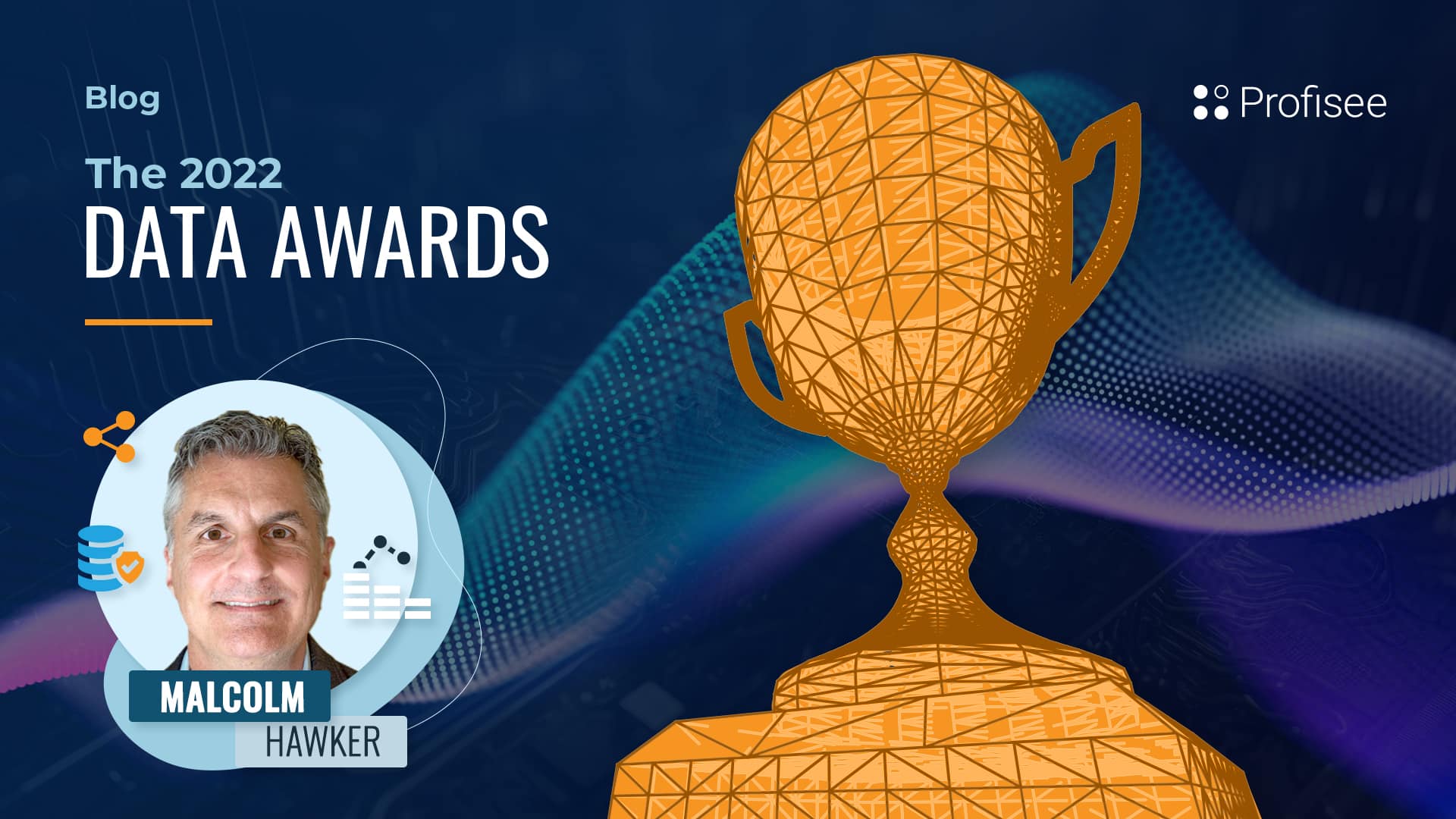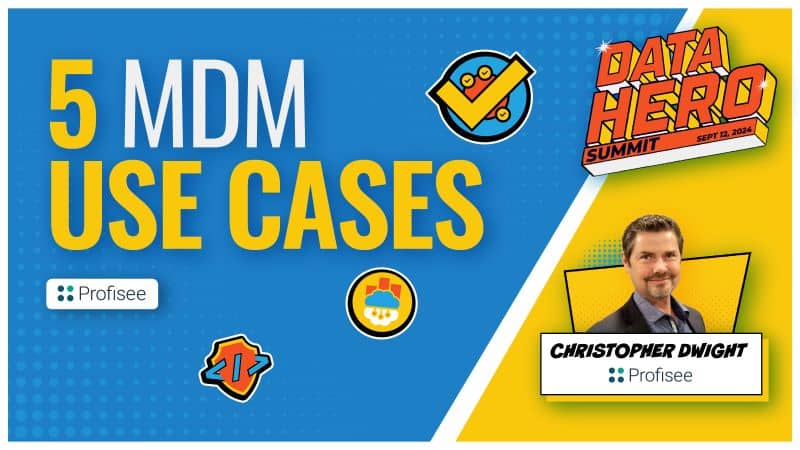This year was full of ups and downs – and the world of data and analytics is a great example of these chaotic shifts. From incredible data-driven innovations to incredible misuses of data, 2022 had numerous candidates for both “best of’” and “worst of” moments across a wide array of data-themed events.
In this blog, I’ll take a slightly whimsical – but also serious – look at some of those great – and not so great – moments in data and analytics through my “2022 Data Awards”, starting with the grand prize winner of the best innovation in data:
Grand Prize for Best Application of
or Innovation with Data:
The Open AI Project and Chat GPT
If you haven’t yet tried playing with Chat GPT, you really need to. The creativity, depth, and specificity of the responses provided by this AI-driven chatbot are simply amazing. This innovation – and others like it – will revolutionize how we interact with computers, and in the process, could destroy much of Google’s search business. It’s likely this technology will eventually be commercialized – especially given Microsoft has a $1 billion investment in it – but for now, it’s open to all and is a fun interaction.

The Fevered Pitch Award for Most Hyped
Data Technology or Phenomenon:
The Data Mesh
The technology needed to fully implement a true data mesh doesn’t even exist yet, but that hasn’t stopped the hype around the data mesh from reaching meteoric highs.
Runner Up: The Data Fabric
While being hyped heavily by Gartner, it will ultimately loose the PR war to the data mesh given the data fabric narrative lacks two important things:
-
A massive online community of impassioned acolytes
-
An engaging and charismatic spokesperson.
Honorable mentions: Data OBSERVABILITY, DATA CATALOGS
- Data Observability – How this is different than “AI enabled analysis” is beyond me.
- Data Catalogs – A technology that has existed for literally decades but somehow is now being positioned as the “new kid on the block”.
The Put Up or Shut Up Award for the Data Advancement Most at Risk of Becoming a Fad:
Chief Data Officers
The prevalence of CDOs has been rising for several years, yet CDO tenures remain half the average of a CIO. A full 25% of CDOs now have P&L responsibility for digital initiatives in their companies – which is a great thing – but with added responsibility comes significantly added risk.
With a looming global recession and increasing scrutiny on all data-related spends, 2023 will be the make-it-or-break it year for many CDOs. Those able to quantify their business impacts and deliver short term results will thrive, while others mired in years-long technology, governance or culture-related efforts will struggle to justify their organizations.
Runner Up: Data Literacy
As more companies embrace “data as a product” and hire real product managers, “data literacy” will rightfully shift towards more of a user training and go-to-market function and we will see less and less focus on literacy as a unique data competency.
Ones to Watch: Data Sharing
Data sharing has been getting hyped by several analysts for the last two years – including by yours truly. But an ongoing business obsession with data hoarding – when coupled with a possible business recession – could spell trouble for data sharing.
The Data Dystopia Award for Worst Misuse of Data:
The U.S. Government Censoring Speech on Twitter
We’ve recently learned the FBI had over 80 agents reviewing data from Twitter feeds. Not to police criminal activity, but to pressure Twitter to censor posts based on loosely defined rules that even flagged political satire as “misinformation”. Regardless of your political affiliation, government control over what you can – or can’t say – even on a private platform like Twitter, should concern us all.
DATA INSIGHTS,
DIRECT TO YOUR INBOX
The Here Today, Gone Tomorrow Award
for a Data Trend That’s Become a Fad:
Data Science for Everyone
Gone are the days where nearly every company feels the need to hire a dedicated data scientist. Smaller and midsized companies – or companies with less mature data and analytics organizations – are learning that skilled data engineers are often sufficient enough to meet their needs.
The Phoenix Award for the Top Resurrection in Data:
In-Person Data Events
After more than a two-year hiatus, in-person conferences and events made a major return in 2022, giving the event industry one of its best performing years ever.
Other honorable mentions:
The Gartner Data Quality Magic Quadrant
Unlike its MDM counterpart, it has somehow managed to continue to get published and remain highly relevant in the market. If the DQ MQ can exist, why can’t the MDM MQ?
Adaptable Data Governance
It is quickly, and sadly, fading into irrelevance. This despite the fact the core tenants of adaptable data governance, including highly contextual, outcome-centric governance policies that adapt to user needs, are exactly what most companies aspire to.
ESG for Data and Analytics
It was rising faster than a SpaceX rocket in 2021 but has taken a back seat in 2022. This is thanks to a war in Europe and supply chain shocks that are making some of the biggest champions of ESG – at both corporate and governmental levels – implement new policies to ensure energy and supply resilience that often run contrary with previously stated environmental policies – see burning coal in Europe to keep lights on. ESG is currently on track for the “Don’t Ask, Don’t Tell” Award for Things We Conveniently Don’t Talk About Anymore in 2023, although a slew of recent bitcoin mining bans by some state and provincial governments under the guise of lower energy consumption may help ESG completely avoid the dust bin in the short term, as will heightened scrutiny from corporate boards around the efficiency of data center power consumption by IT organizations.
MDM is Dead. Again.
With the recurring consistency of a leap year or perhaps wide-bottom pants, the “MDM is dead” message is again making the rounds in the data and analytics space. And just like every other time that MDM was declared dead in the past, the narrative quickly fades as naysayers are reminded – often painfully – that some data must be widely shared across the organization and can’t just be left to “domain owners” to govern on their own. If your CEO asks, “how many customers do we have?”, there can be only a single answer.
If 2023 is anything like 2022, we’re in for another wild ride in the world of data and analytics. I look forward to sharing anecdotes on my observations of this industry through my LinkedIn feed, this blog or the CDO Matters Podcast.
Happy New Year and I will hopefully see many of you in 2023!
Malcolm Hawker
Head of Data Strategy @ Profisee

Malcolm Hawker
Malcolm Hawker is a former Gartner analyst and the Chief Data Officer at Profisee. Follow him on LinkedIn.












